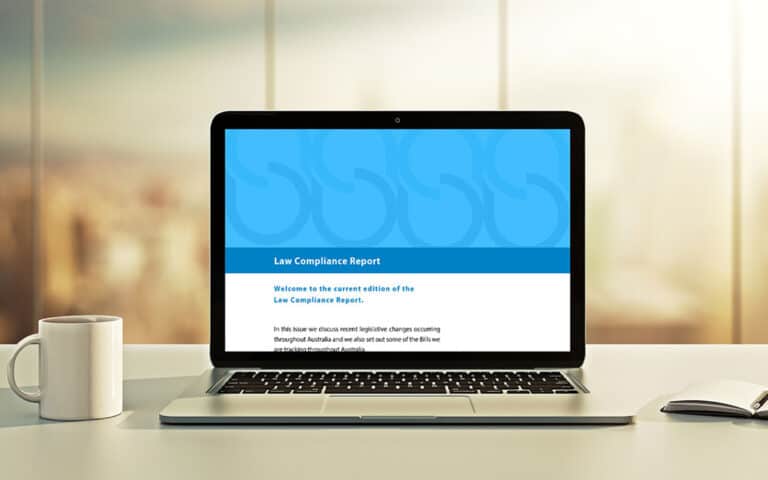Construction, Forestry, Maritime, Mining and Energy Union v OS MCAP Pty Ltd [2023] FCAFC 51
Introduction
Employees who were required to work their normal shifts on both Christmas Day and Boxing Day in 2019 had a claim brought on their behalf by the Construction, Forestry, Maritime, Mining and Energy Union (CFMMEU) in the Federal Court of Australia Full Court (the court) against the employer, OS MCAP Pty Ltd (OS), for contraventions of the Fair Work Act 2009 (Cth) (the Act). The court found that a “request” for the purposes of section 114 of the Act was determined not to be satisfied in this case as the employer required its employees to work on Christmas Day and Boxing Day and did not give them a choice whether to do so or not.
Facts
OS operates mobile machinery for mine sites throughout Australia and in this case, at the Daunia Mine in Queensland. All employees were given their rosters at the start of their employment which included the public holidays that they would be working.
OS employees were engaged on contracts which included a provision that they may be required to work on a public holiday but would not receive extra remuneration for doing so. By August 2019, several employees of OS had submitted requests for annual leave over the Christmas Day and Boxing Day public holidays. As a result, where leave had not already been granted to OS employees for these public holidays, OS adopted a system to randomly draw the names of other employees who would be granted annual leave on those days. The rest of the employees would have to work on those public holidays if they were rostered on to do so. Those who were rostered to work on Christmas Day and Boxing Day subsequently worked their normal shifts at the Daunia Mine on those days.
Issues
The CFMMEU submitted that by requiring employees to work on these public holidays, OS contravened section 114 of the Act and by doing so, the National Employment Standards (NES). It argued that section 114 requires the employer to make a request of its employees to work on public holidays and gives employees the right to refuse if it is reasonable to do so.
In essence, OS submitted that under section 114(2) of the Act, a requirement to work on a public holiday was to be equated with a request to do so and would be lawful if the request were reasonable.
Decision
The court found in favour of the CFMMEU. The court’s decision turned on the use of the word “request” in section 114 of the Act and it ruled that “request” be given its ordinary meaning which in this case meant the employee must be able to either accept or decline it. Simply rostering employees to work on public holidays did not constitute a request under section 114. Accordingly, the Full Court ruled that OS contravened the Act.
Compliance Impact
Subscribers should note that as employers, they are required to make a request of employees to work on public holidays which allows the employee the opportunity to either accept or decline it if reasonable. This is the case even if there is an employment contract in place stating that the employee may be required to work on public holidays. Employers can still roster employees on public holidays, but this decision means that a request is also required. It is important to note that an employee may refuse to work on public holidays if the employer’s request is unreasonable or if the employee’s refusal is reasonable.




